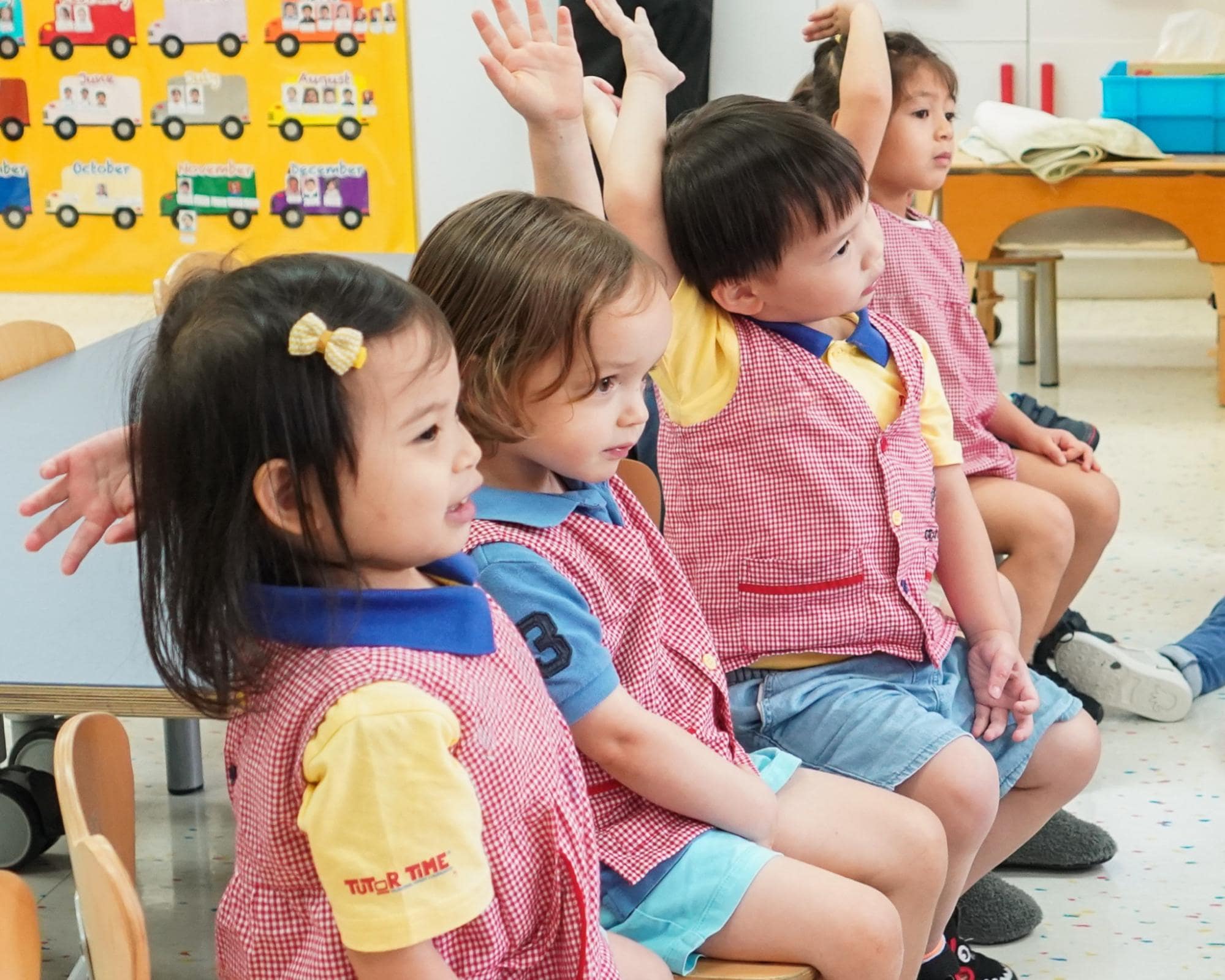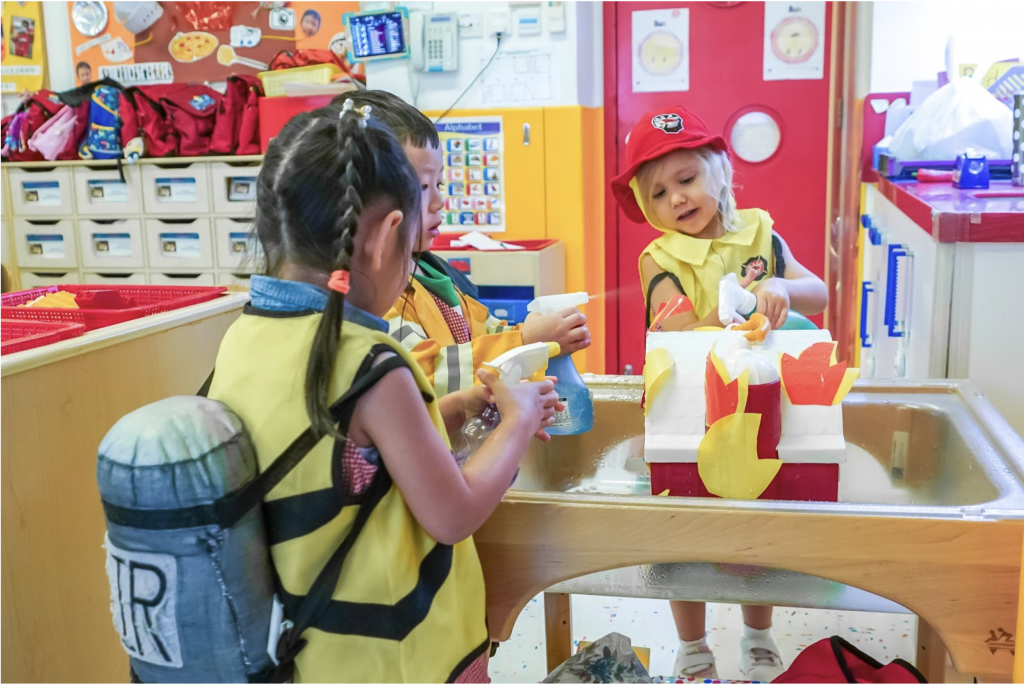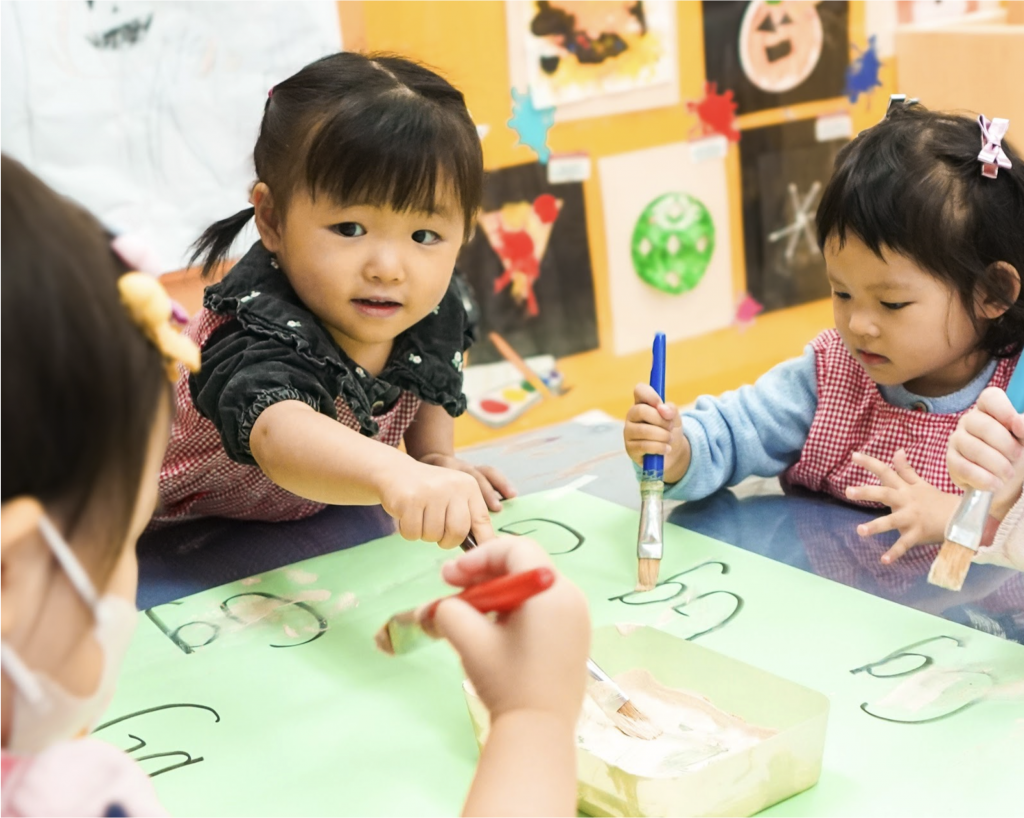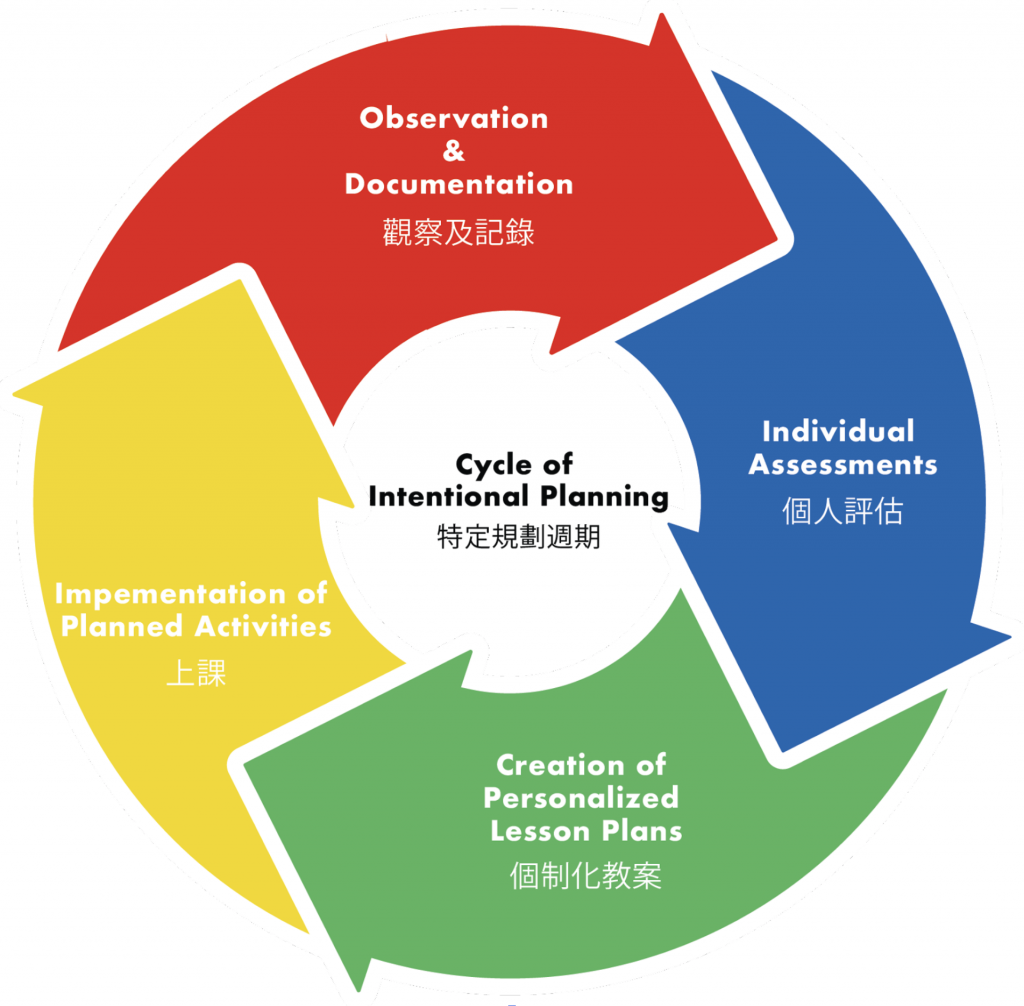Early childhood development is a vast landscape filled with different learning approaches. Among these diverse philosophies, The Reggio Emilia philosophy stands out for its self-guided curriculum and implementation of experiential learning. Through the exploration of child-centered learning, an inquiry based environment, and a community based learning approach, this article aims to shed light on holistic development nurtured through the Reggio Emilia method of teaching. It will also discuss how Tutor Time implements the Reggio Emilia approach into their classrooms.
What is the Reggio Emilia approach?
Developed by educator Loris Malaguzzi, The Reggio Emilia approach originated in Italy shortly after World War II. This approach is fostered through the belief that children are competent and capable individuals who are constructors of knowledge. This teaching method puts the natural development of children as well as the close relationships that they share with their parents, educators, and learning environment at the center of its philosophy. The mutual trust shared between all three parties encourages an atmosphere of community and collaboration that is developmentally appropriate for adults and children alike.
Educators in the Reggio Emilia approach act as facilitators and collaborators. In contrast to traditional instructors, they observe and document children’s interests and ideas to guide the curriculum. Projects and activities are often based on the children’s questions and curiosities, allowing them to take an active role in their own learning. Unlike conventional educational methods, one of the major teaching strategies is for teachers to purposely allow mistakes to happen, giving students the opportunity to adopt a growth mindset. Collaboration and social interaction are highly valued in the Reggio Emilia approach as children are encouraged to work together in small groups, engage in meaningful discussions and participate in problem-solving activities. The approach also emphasizes the use of various forms of expression through which children can communicate and explore their understanding of the world.
The Reggio Emilia core principles
The Reggio Emilia approach incorporates 7 core principles that make it stand out from traditional teaching methods.
Principle 1: Child-Led learning
Children are active participants in their learning process, constructing knowledge based on their own interests and experiences. This is in contrast to more traditional approaches where children are passively taking in information.
Principle 2: Community collaboration
The Reggio Emilia approach places emphasis on relationships and interactions among children, parents, and teachers as they are vital for learning and development.
Principle 3: Expressive communication
The Reggio Emilia curriculum is established around the fact that children are natural communicators and must be encouraged to communicate through various languages that act as alternative forms of expression, such as art and music.
Principle 4: The environment as the third teacher
The physical environment plays a crucial role in the children’s development, influencing their learning experiences and interactions. Reggio Emilia classrooms are intentionally designed to be engaging, stimulating, and connected to the natural world.
Principle 5: Teachers as guides
In the Reggio Emilia approach, teachers are seen as partners and guides in a child’s learning journey. They observe, listen, and facilitate experiences, encouraging exploration, discovery, and problem-solving.
Principle 6: Documentation
Teachers involved in the Reggio Emilia curriculum document children’s learning processes and progress, which serves as a tool for assessment, reflection, and communication with parents and other educators.
Principle 7: Parental involvement
The Reggio Emilia approach values parental participation and invites parents to actively engage in their child’s learning experiences as collaborative relationships support children’s holistic development.
Why is the Reggio Emilia approach important?
The Reggio Emilia approach offers numerous benefits for children’s learning and development.
Holistic development of children
This teaching method promotes holistic child development by addressing all aspects of a child’s growth, including their physical, cognitive, social, emotional, and creative dimensions. The approach recognizes that children are multifaceted beings and creates an environment that nurtures their development.
Encouragement of creativity and expression
The Reggio Emilia curriculum nurtures creativity and imagination. By providing children with a wide range of materials and opportunities for self-expression, such as art, music, and dramatic play, the approach encourages children to explore their imaginations and think creatively. This fosters their ability to generate new ideas, solve problems, and approach challenges with innovation.
Valuing collaboration and social interaction
By engaging children in small group projects and encouraging dialogue and cooperation, the approach cultivates important social skills such as communication, empathy, and teamwork. Through these collaborative experiences, children learn to respect diverse perspectives, develop effective communication strategies, and build positive relationships with their peers.
The environment as a key learning element
Emphasizing the environment as the “third teacher” is also a key aspect of this approach. The carefully designed physical space serves as a source of inspiration, provocation, and learning. It is organized and filled with open-ended materials that invite exploration and discovery. This environment stimulates children’s curiosity, encourages independent thinking, and supports their natural inclination to learn.
Enhancing development and communication
The Reggio Emilia approach emphasizes documentation as a means of assessment and communication. By carefully observing and recording children’s progress, teachers gain valuable insights into their development and tailor their instruction accordingly. Documentation also serves as a way to involve parents in their child’s education, fostering collaboration between home and school.
How Tutor Time’s program incorporates Reggio approach
At Tutor Time, our unique curriculum is an innovative amalgamation of various educational philosophies, notably incorporating elements from Howard Gardner’s Multiple Intelligences theory, Montessori education and the Reggio Emilia Approach. Our classroom environments are intentionally designed to foster a sense of exploration and curiosity. Children are encouraged to engage in self-directed activities during small group sessions, choosing from diverse classroom areas that spark their interest.
Additionally, we employ our unique Cycle of Intentional Planning method in all our classes. This approach involves a meticulous process of documentation, allowing our educators to observe, assess and subsequently tailor their teaching methods to meet the individual needs of each child.
Recognizing the vital role of parental involvement in a child’s educational experience, we’ve developed our very own Tutor Time app. This platform ensures a constant two-way communication channel between parents and teachers. It offers parents immediate insights into their child’s day, including regular updates and photographs. Although our teaching approach is not solely based on the Reggio Emilia philosophy, its fundamental principles are skillfully woven into our curriculum, enriching our overall educational framework.
Conclusion
With the multitude of options available, it can be challenging to find an educational approach that best suits your child. But one thing is certain – an approach that places importance on your child’s individuality and creativity is always a good thing. By embracing the principles of child-led learning, collaboration, creativity, and parental involvement, Tutor Time’s unique curriculum combines the Reggio Emilia approach with other powerful educational approaches to create a one-of-a-kind learning experience for your child.



